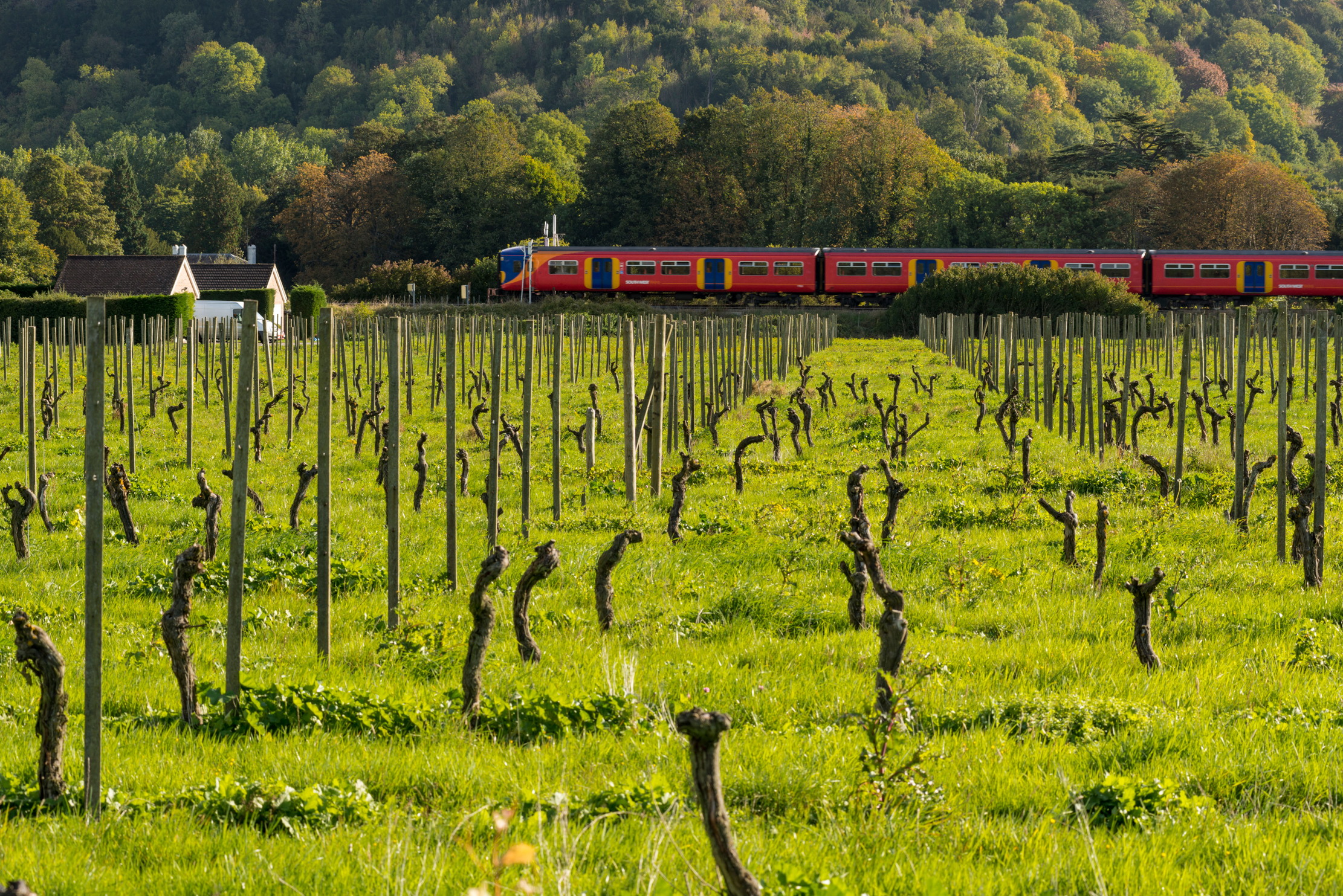
When it’s hot, it’s a good idea to carry some water when you are travelling. It is, however, not a good idea to tell us to do this every time we catch a Tube train. Agromenes likes a bit of a nap on a train journey from his home in the country to London. He does not need to be woken every 20 minutes in order to be instructed: ‘See it, say it, sorted.’
Nor, when we are trying to restrain public expenditure, does he require a new warning notice on the steps to the exit from the Underground platform he uses. It’s a station in central London where, for 168 years, the steps have been successfully managed without any instruction. Now, in case you hadn’t thought of it, you are ordered to ‘Hold on to the handrail’.
This determination to treat the public as if they are incapable of looking after themselves in the simplest of circumstances is becoming universal. To warn of an unusual situation, a new hazard or some unexpected change, is a perfectly proper responsibility of every business dealing with their customers, but to infantilise us, particularly in the nannying tones that are so often adopted over loudspeakers, is both ridiculous and annoying. Tell us when there’s step-free access — that is information that we might not have. Don’t tell us that when it rains, platforms get wet and we are more likely to slip ‘as any fule kno’ (Molesworth).
This isn’t happening by accident. We have been encouraged to believe that someone else should always be held responsible for every mishap, that nothing is our own fault and that the courts are there so we can claim against businesses even for our own negligence.
'Progress depends on people taking risks. Society should ensure that people know about unfamiliar risks, but it doesn’t need to instruct them how to climb stairs'
The most engrained example of this attitude is to be found in the food industry. There are people who have serious food allergies and those allergies can make life very difficult, if not dangerous, and it must be annoying to hear others, who simply don’t like a particular food, describing that dislike as an allergy or intolerance. However, if you have an allergy, it is up to you to make that plain to the restaurant or food shop. That’s your responsibility.
The business’s responsibility is different. That is to ensure that they don’t serve you something to which you are allergic when you have told them. In a sane society, it is not up to every waiter to ask every customer whether they have any allergies. By doing that they are assuming a responsibility that is not theirs and they only do it because they have been told that it’s a necessary protection against being sued by someone seriously allergic, but careless enough not to mention it.
It’s our attitude to the law that is wrong. The law is not there to protect us from our own foolishness, but from the wickedness of others. The regulators and their political masters have undermined that basic principle of caveat emptor — buyer beware. If people invest their money in propositions that sound too good to be true, they probably are. If they lose their money in unregulated financial deals, the rest of us shouldn’t foot the bill. Yet that is precisely what happens all too often.
Exquisite houses, the beauty of Nature, and how to get the most from your life, straight to your inbox.
This is truly where Britain is broken. From small things, such as annoying messages and notices, to the extensive protections afforded in the Government’s new Employment Bill and the continuing actions of the Financial Ombudsman, we have become a ‘safety first’ nation. We are increasingly removing any requirement to take personal responsibility for our actions. Yet progress depends on people taking risks. Society should ensure that people know about unfamiliar risks, but it doesn’t need to instruct them how to climb stairs.
Agromenes is Country Life's countryside crusader. They have written about rural issues in the magazine each week for the past 25 years.

